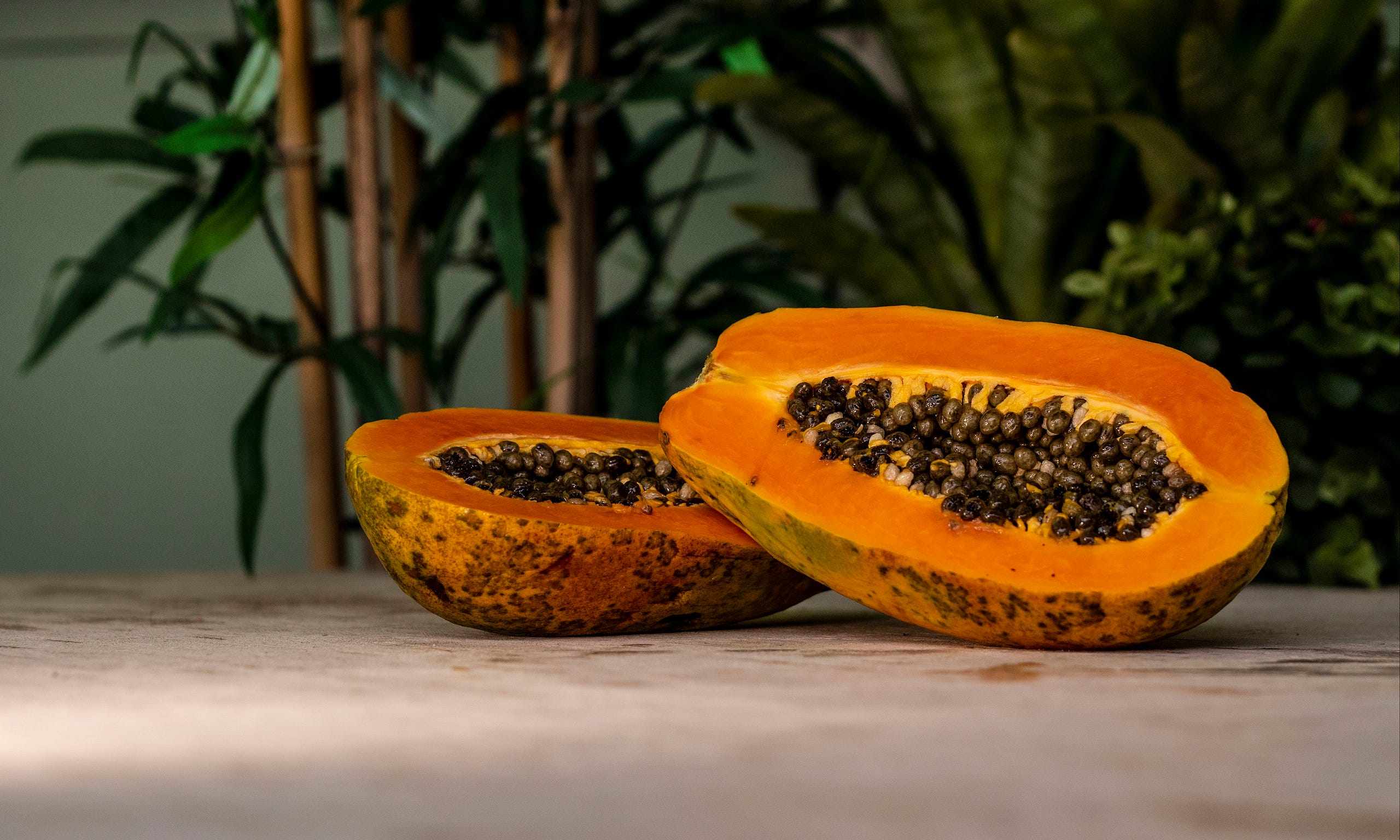
I have a beef with most doctors. Pun intended.
Not all, but most. That is, of those who have treated me. Which is, given my range of injuries and issues over the decades, is a broad range of folks.
That beef has to do with nutrition, and the grotesque lack of nutritional training among those we have long been told to trust with our health.
The problem I have, since I am an aging athlete, is that I believe that you and I as consumers of health care have the right to receive seriously good preventative care. A fundamental tenet of this is what we eat.
It’s not just that what we consistently consume has much more to do with how we look, but that this is a major determining factor in overall health, healthy aging and our ability to ward off illness, disease and heal after procedures.

We are what we eat. That adage is indeed true, because our cells have to take whatever foodstuffs we stuff into our pie holes and use those to build our bodies. The poorer the quality, the poorer the health.
Too many doctors have neither the time nor the inclination to educate themselves on the latest research. That means that just like a GP might tell you to ice an injury, a procedure that has been debunked by the very doctor who came up with RICE, they might tell you to follow the Federal Governments grossly misguided Food Pyramid.
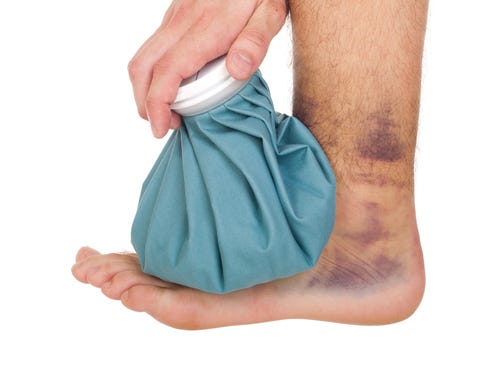
The pyramid is an outdated food formula driven by farmers and lobbyists and special interests who had little interest or investment in the health of the American people. More so, in their bank accounts.
Just this morning I got a comment from a Medium peep who has pointed out that Canada dumped the stupidity of that food pyramid, and instead, published this excellent advice. My thanks to Michael Fqu9b7 for that contribution. Now why aren’t we that smart?
I especially like this off the Canadian website. Our politicians are owned by Big Food. Especially Big Sugar. Lobbies that lob money at them and dishonest doctors to lie about how food can kill us off.
If I sound cynical, I am. As a journalist and an avid reader, the more I study the topic, the more I have to see physicians for one thing or another, the less I can count on the medical community to offer me any wisdom about how and what to eat. What works for this aging female athlete’s body.
Part of this is that the doctors themselves are famously unhealthy. Not only do I see a great many of them who badly need to change their dietary habits and get out and walk once in a while, their advice is woefully out of date.
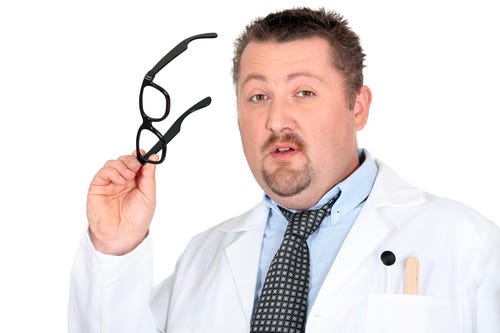
On top of that, there is a massive mental health crisis in the industry.
I have a very difficult time taking health advice from those who cannot manage their own bodies, minds and nutrition. These are not good optics. Let’s be clear. None of these once highly-motivated medical students ever intended landing where they are now. I fault a system that makes it nearly impossible for them to do what they always wanted to do: improve people’s lives. (Lies My Doctor Told Me: Medical Myths That Can Harm Your Health, Dr. Ken Barry)
I feel the same way about medical providers that I did when walking through a New Age Health Fair about 15 years ago. All the folks selling weight loss cures needed to use their products, they smoked on their breaks, and generally looked about as wan as a dead Obi Wan Kenobi.
While I fundamentally disagree with deifying our doctors in the first place (which is a mistake on both sides) that’s part of our problem. Our unfair expectations combined with the genuine desire of most docs to do the right thing, without adequate resources to keep them upright and functional means that over time, they have to find crutches. Some don’t make it. Others lean on the pharmaceutical reps in the same sick way Trump leans on Hannity for policy advice.
Monumentally poor choices. Everyone suffers when we are supposed to trust someone in power who has a venal fool for an advisor. It’s no different when our doctors turn to pills to solve problems that could be prevented, say, with a few more peas instead of pecan pie.
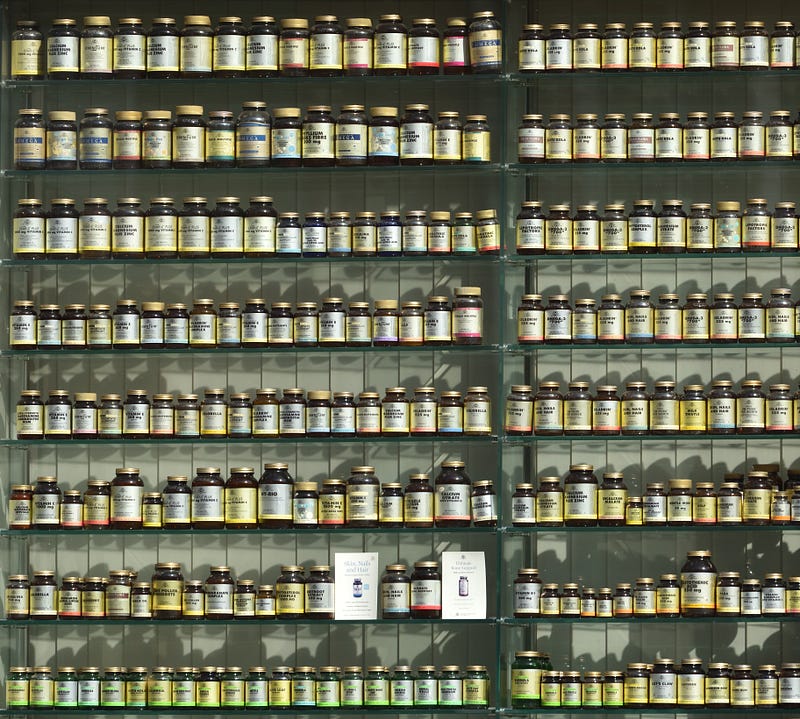
The lack of seriously good nutrition training has left us to fend for ourselves. The supplement industry is expected to be worth close to $280b in just a few years, when an unfortunate portion (if not all) of what you and I ingest is filler. It’s legal. And for some, it can be lethal, too.
Suffer the hyperbole, but here are some thoughts about what’s in our supplements.
When we self-medicate with supplements, we can do considerable harm. They may interact with prescriptions (which we’d rather not need in the first place) and too much can backfire. Here’s a bit to know about common vitamins that can hurt if taken in excess.
I’m backing off my supplements, which are hugely expensive in the first place. Besides, there’s a very good chance that the excess is headed down the drain. That’s a lot of money sent to the sewer, without any proof of better health outcomes.
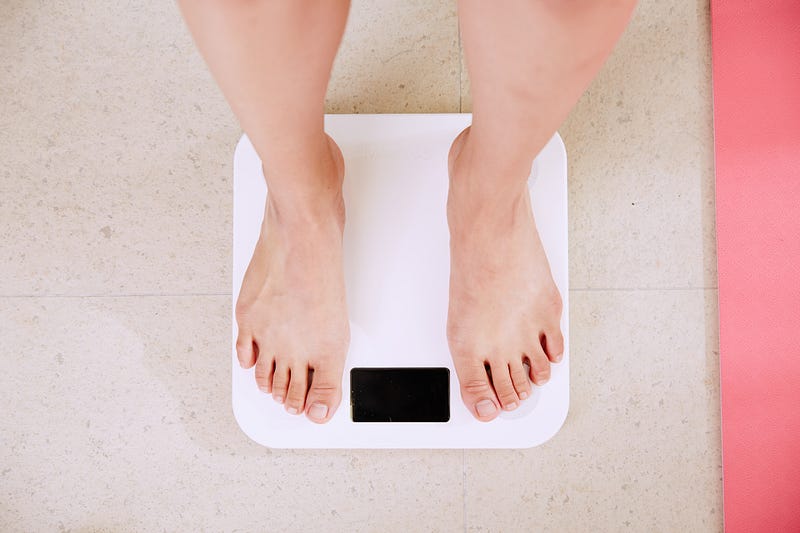
The other piece is that it seems every week there’s a new miracle cure, miracle supplement (usually for weight loss) involving a flower pod from a country we can’t pronounce, or a fruit that some Pacific Islanders have eaten forever (islanders are not known for being svelte, they have massive bones, and make superb rugby and NFL players, just saying). Caveat emptor.
That we’re dumb enough to buy this stuff and expect it to replace a decent diet and regular movement is our fault. That our doctors are sick themselves, as well as sick and tired of the battles they have to fight to stay sane and in business, is a symptom of our sick health care system. About as sick as a doctor can be is Dr. Oz, who pushes ridiculous cures for obesity to gullible and desperate people, and got called on the carpet for his carpet-bagging. He should be stripped of his credentials. But that’s just me.
But there is a glimmer of supreme sanity and sobriety. While I won’t be around long enough to see if this evolves into a national trend, Time recently published an article that says something a great many of us have lived and known for a rather long time: More studies are revealing that people’s health is the sum of much more than the medications they take and the tests they get — health is affected by how much people sleep and exercise, how much stress they’re shouldering and, yes, what they are eating at every meal. Food is becoming a particular focus of doctors, hospitals, insurers and even employers who are frustrated by the slow progress of drug treatments in reducing food-related diseases like Type 2 diabetes, heart disease, hypertension and even cancer. They’re also encouraged by the growing body of research that supports the idea that when people eat well, they stay healthier and are more likely to control chronic diseases and perhaps even avoid them altogether. “When you prioritize food and teach people how to prepare healthy meals, lo and behold, it can end up being more impactful than medications themselves,” says Dr. Jaewon Ryu, interim president and CEO of Geisinger. “That’s a big win.”
Goodness. Ya think? There’s a door buster. I guess I have been alive long enough to find such findings awfully obvious. There are no drugs in creation that are better, in sum, than what the human body can do for itself when fed well and exercised intelligently, each according to their unique needs.
Are there variations? Times when drugs can help when food and exercise can’t? Of course. But not for the majority. Nature designed us to be supremely healthy. Our bodies are miracles of efficiency, but not after chronic abuse (that includes stress but that’s another article).

I struggle to understand how we ever got to the point where we put pharmaceuticals above the farm. Where there was daily hard work. Fresh food. I grew up on one. When did we lose our way to get where we are now?
When did packaged and processed become ever so much more important than seasonal and colorful? And might I add, much more delicious? I realize that farmer’s markets are making a comeback, but they are neither cheap nor accessible for many, many Americans. The local 7–11 is, especially in the inner city.
Look, I will take anything that looks like progress. This is progress.
That it took research to tell us what common sense has told us from the beginning of time is unfortunate.
I can just see the pharma companies coming up with new versions of blueberries in pill form to compete with health food stores. We have already seen this: witness what certain pharma companies were doing to squelch pot legalization because why? They were making synthetic versions:. It would squelch profits.

The problem is that this Time article propped up something that research has shown not to be true: that Omega fatty acids are just SO good for you. Unfortunately that created a supplement industry based on that claim. That has led to a wholesale war on the very creatures (like krill) that ocean and seabird life depend upon, all to manufacture questionable supplements. And the claims have turned out to be false.
That, and we are now being advised to back off the fish, because of lead and mercury and micro plastic poisoning. Besides, in no time at all, we won’t have any more salmon left to broil or poach. We’ve poached the oceans, ruined their habitats, raised the ocean temperatures and dammed up the streams they require to reproduce.
Oh, and the orca pods that depend on salmon? Are dying of starvation, have stillborn babies due to the lack of food, and are slowly going extinct. Besides, in case you missed the most recent research, turns out fish are pretty damned intelligent beings, and yes, they feel pain.
Which of course is hard to really research because we’re too busy wiping them out before we truly understand what and perhaps who they are
But I digress.
What’s a confused human to do?

Take every single thing you read with a Mack Truck-sized block of salt. Including this article. Because for example, these days, I eat three eggs every single day. A few years ago a heart doctor would be predicting my imminent demise. Give it a few weeks, eggs will end up back on the bad guy list, even though they are full of lutein, which is superb for eyesight.
Coffee is good for you. Coffee is bad for you. Wine is good for you. Wine is bad for you. Chocolate is good for you. Chocolate is bad for you.
My fellow journalists, always eager for a splash headline, will tease a single line out of research paper and plaster it all over the press. Why bother with all the facts when one line sells?
This, from the Time article, hits home:
But drugs are expensive — the average American spends $1,400 a year on medications — and if people can’t afford them, they go without, increasing the likelihood that they’ll develop complications as they progress to severe stages of their illness, which in turn forces them to require more — and costly — health care.
You and I can easily spend $200 a month on supplements, which is $2400. Supplements we wouldn’t need if we ate well, moved a lot, laughed a lot, did all things in moderation, and cared about each other.
But then.
There’s no pill for that.

Comments powered by Talkyard.